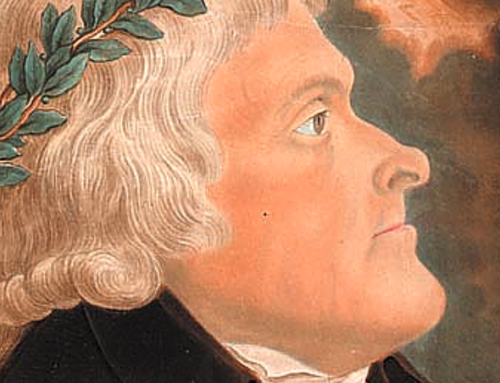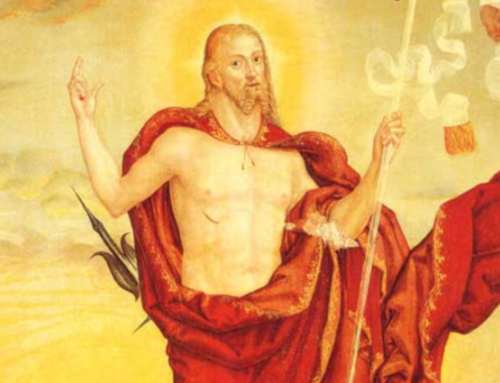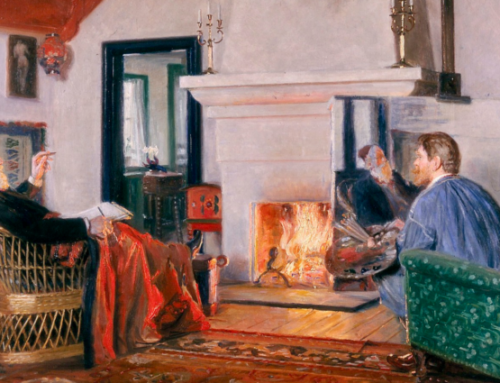
Russell Kirk
In honor of Russell Kirk’s birthday (October 19, 1918) we offer this very fine quote in which Dr. Kirk lays out the essentials for those of us seeking to preserve and restore Western civilization. He makes clear that true conservatives do not limit themselves to questions of politics and economics.
“Cant and equivocation dismissed, it seems to me that there are three great bodies of principle and conviction that tie together what is called modern civilization.
The first of these is the Christian faith: the theological and moral doctrines which inform us, either side of the Atlantic, of the nature of God and man, the fatherhood of God, the brotherhood of man, human dignity, the rights and duties of human person, the nature of charity, and the meaning of hope and resignation.
The second of these is the corpus of imaginative literature, humane letters, which is the essence of our high culture: humanism, which with the Christian faith, teaches us our powers and our limitations–the work of Plato, Virgil, Cicero, Dante, Shakespeare, and so many others.
The third is a complex of social and political institutions which we may call the reign of law, or ordered liberty: prescription, precedent, impartial justice, private rights, private property, the character of genuine community, the claims of the family and of voluntary association.
However much these three bodies of conviction have been injured by internecine disputes, nihilism, Benthamism, the cult of Rationalism, Marxism, and other modern afflictions, they remain the rocks upon which our civilization is built.”
(Above is taken from the jacket cover of The Intemperate Professor, 1965.)
Books on or by Dr. Kirk may be found in The Imaginative Conservative Bookstore. Essays on or by Dr. Kirk may be found here.
We hope you will join us in The Imaginative Conservativecommunity. The Imaginative Conservative is an on-line journal for those who seek the True, the Good and the Beautiful. We address culture, liberal learning, politics, political economy, literature, the arts and the American Republic in the tradition of Russell Kirk, T.S. Eliot, Edmund Burke, Irving Babbitt, Paul Elmer More, Wilhelm Roepke, Robert Nisbet, M.E. Bradford, Eric Voegelin, Christopher Dawson and other leaders of Imaginative Conservatism (Visit our Bookstore to find books by/about these men).
We address a wide variety of major issues including: What is the essence of conservatism? What was the role of faith in the American Founding? Is liberal learning still possible in the modern academy? Should conservatives and libertarians be allies? What is the proper role for the American Republic in spreading ordered liberty to other cultures/nations?







Leave A Comment